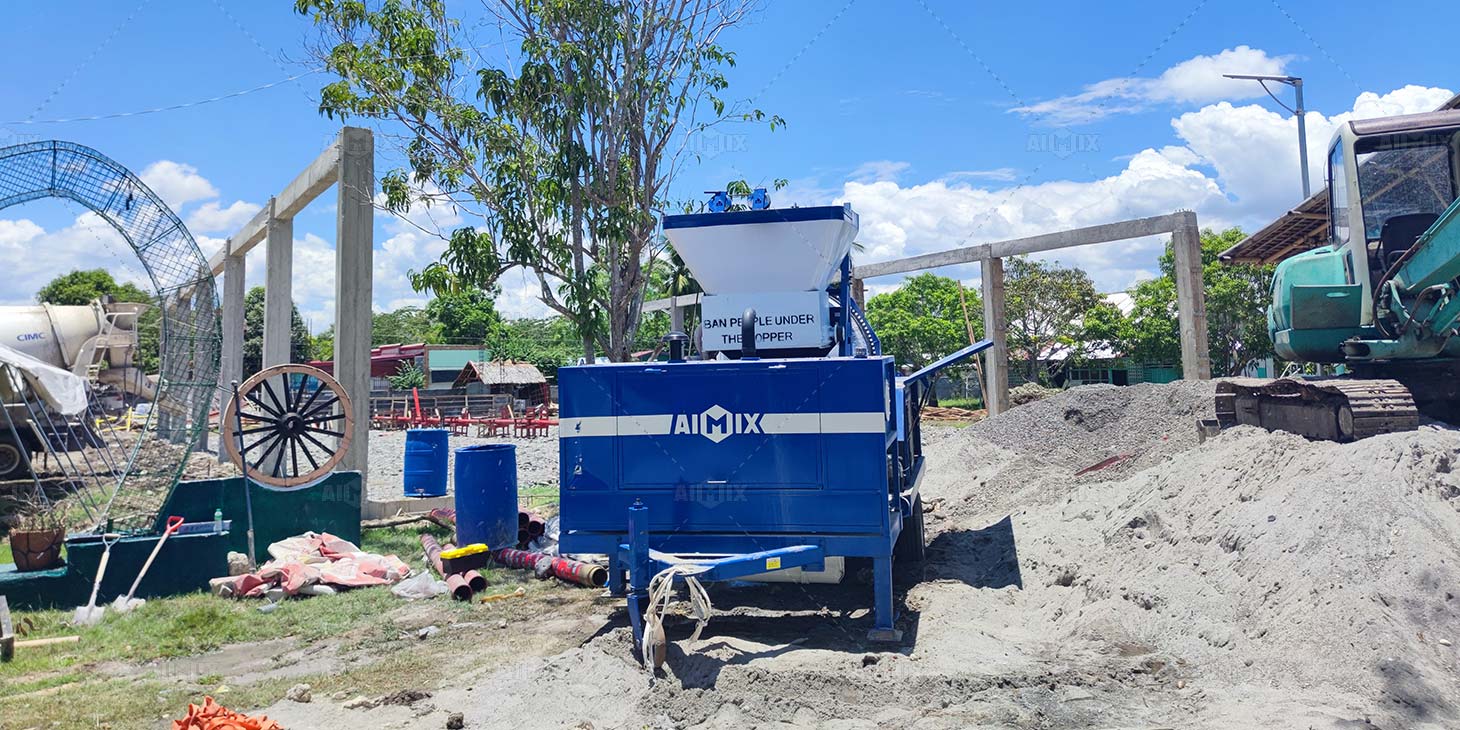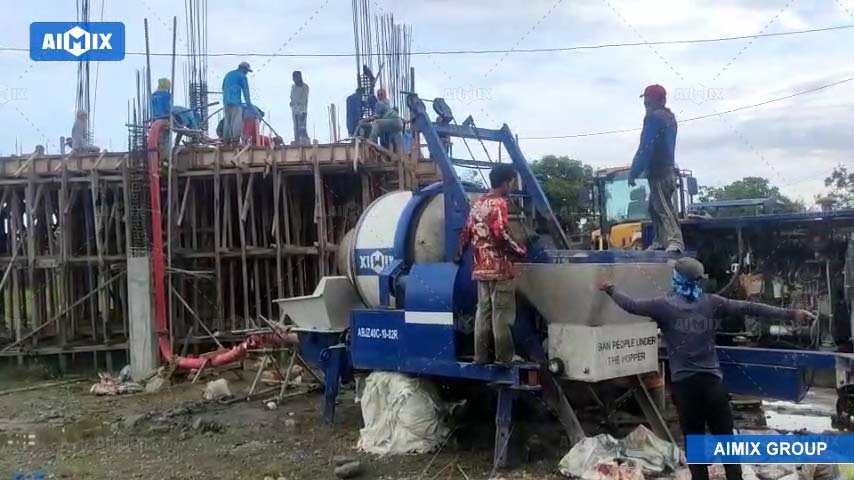Concrete mixer pumps are integral to construction projects, combining the functions of a concrete mixer and a concrete pump in a single unit. Understanding their operational dynamics and how quality and cost considerations interplay is crucial for making informed decisions in construction equipment investments.
Understanding the Dynamics of Concrete Mixer Pumps
Concrete mixer pumps are versatile machines used across various construction applications, from residential projects to large-scale infrastructure developments. Their ability to mix and transport concrete efficiently makes them indispensable in projects where mobility and flexibility are key requirements.
Diverse Applications and Operational Demands
These pumps are employed in scenarios requiring on-site mixing and direct placement of concrete. The mobility of cement mixer pump allows for quick setup and operation in tight spaces or remote locations, catering to diverse project needs with minimal logistical challenges.
Key Components and Durability Factors
Critical components such as the mixer drum, hydraulic system, and pumping mechanism define the durability and performance of mixer pumps. High-quality materials and precision engineering contribute to robustness, ensuring reliable operation under varying conditions and extended service life.

Quality vs. Cost: Deciphering the Trade-offs
Investing in a concrete mixer pump involves balancing between upfront costs and long-term benefits, particularly in terms of equipment durability, maintenance requirements, and overall project efficiency.
Investment in Longevity: Benefits of High-Quality Components
Opting for mixer pumps equipped with high-quality components pays dividends over time. Advanced materials and adherence to stringent engineering standards enhance durability, reducing the frequency of repairs and downtime. This translates to lower lifecycle costs and higher productivity throughout the equipment’s operational lifespan.
Advanced Materials and Engineering Standards
Components such as wear-resistant mixing blades and reinforced hydraulic systems are hallmarks of quality in mixer pumps. These components withstand rigorous operational demands and environmental factors, ensuring consistent performance and minimal maintenance.
Impact on Maintenance and Lifecycle Costs
Minimizing maintenance costs is pivotal in cost management strategies for construction projects. High-quality mixer pumps require less frequent servicing and replacement of parts, resulting in significant savings in maintenance expenditures and uninterrupted project timelines. You can learn more info about its cost on this page: https://concretemixerwithpump.com/how-much-is-a-concrete-pump/.

Opting for Budget-Friendly Options: Potential Risks and Considerations
While cost-effective mixer pumps offer initial savings, they may pose risks related to performance reliability and long-term durability. Understanding these trade-offs is essential for aligning investment decisions with project requirements and financial objectives.
Evaluating Short-Term Savings vs. Long-Term Viability
Budget-friendly options may compromise on component quality and durability, potentially leading to higher maintenance costs and operational downtime. Assessing the total cost of ownership over the concrete pump equipment‘s lifespan provides clarity on the financial implications and risks associated with lower upfront investments.
Performance Trade-offs and Operational Efficiency
Lower-cost mixer pumps may exhibit reduced efficiency in mixing capabilities or pumping output, impacting overall project timelines and productivity. Evaluating performance specifications and user reviews helps mitigate operational risks and ensures equipment compatibility with project scope and operational demands.
Strategies for Making Informed Decisions
Making informed decisions about concrete mixer pumps involves conducting thorough evaluations and leveraging industry expertise to optimize investment outcomes and project success.
Comprehensive Cost-Benefit Analysis
Performing a detailed cost-benefit analysis considers both financial and operational factors associated with mixer pump investments. This analysis compares upfront costs, maintenance projections, and productivity gains to determine the most cost-effective solution for specific project requirements.
Consulting Industry Experts and User Reviews
Gaining insights from industry professionals and user feedback offers valuable perspectives on mixer pump performance and reliability. Engaging with reputable suppliers and consulting case studies helps validate equipment capabilities and assess vendor support, ensuring confidence in investment decisions.
In conclusion, the choice between durability-focused concrete mixer pumps and budget-friendly alternatives hinges on understanding project requirements, evaluating long-term cost implications, and prioritizing equipment reliability. By striking a balance between quality and concrete mixer pump price considerations through informed decision-making and strategic planning, construction professionals optimize equipment investments and enhance project efficiency in dynamic construction environments.